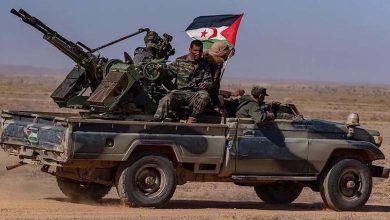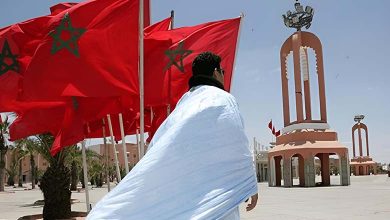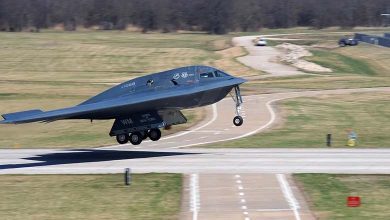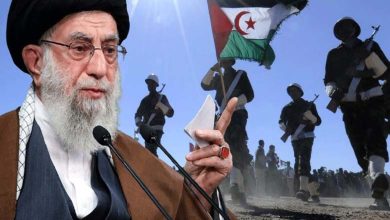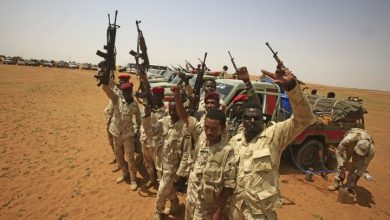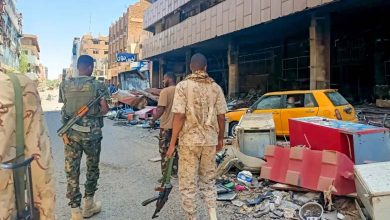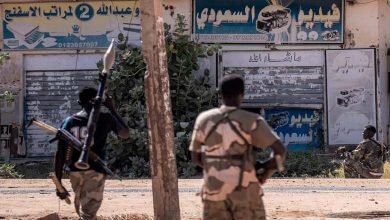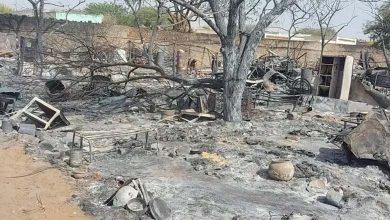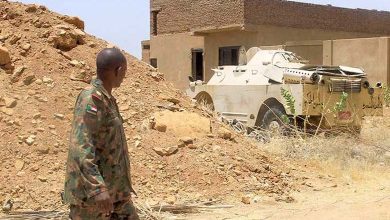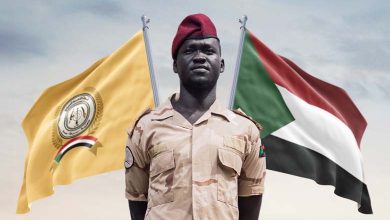Evidence of the Muslim Brotherhood’s Involvement in the War in Sudan
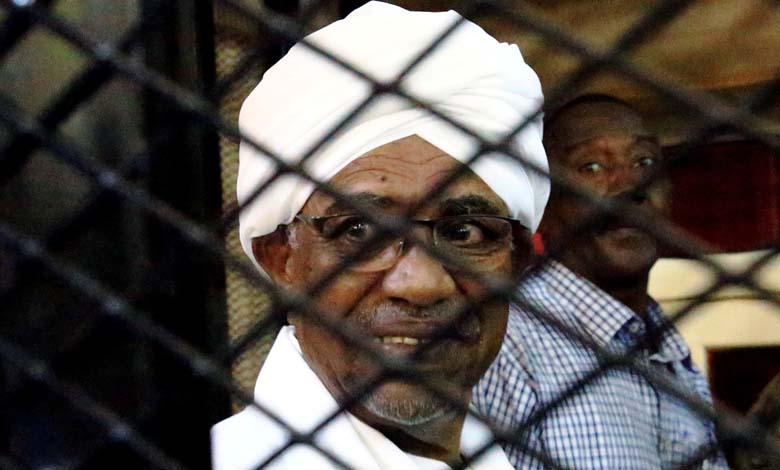
Accusations against members of the Muslim Brotherhood for their involvement in igniting the war between the army and the Rapid Support Forces in Sudan in mid-April are increasing. This conflict resulted in the deaths and injuries of over 10,000 people, and approximately 3 million individuals were displaced. Observers point to three pieces of evidence that confirm the group’s involvement in this war.
Human rights activists and observers base these accusations on three pieces of evidence indicating the Brotherhood‘s connection to the war. These include threats made by influential figures in the organization days before the outbreak of fighting, the appearance of fighters from affiliated brigades in the battlefields, as well as the public appearance of some organization leaders in several cities in the eastern regions of the country, where they called for the continuation of the war.
Observers believe that allowing the movement of Brotherhood leaders confirms allegations of their instigation of the current war with the aim of returning to power after being ousted in April 2019. They have held security and judicial authorities responsible for aligning with the group and allowing it to openly carry out its activities.
The channel reported that just a few days before the outbreak of fighting between the army and the Rapid Support Forces in the Sudanese capital, Khartoum, leaders of the organization intensively moved to thwart the framework agreement signed between civilian and military forces, with broad international and regional support, which stipulated the transfer of power to civilians.
In a video posted on social media, organization leader Anas Omar threatened that they would not allow the agreement to pass, indicating that they would use all means to prevent it.
Omar admitted, in a recorded statement after being arrested by the Rapid Support Forces weeks after the outbreak of fighting, that his party worked to thwart the framework agreement project after announcing its rejection. He added: “We were responsible for mobilizing citizens and crowds in coordination with army leadership.”
Leaders of the organization mourned on their official pages a number of individuals they said were fighting in the battles, identifying them as members of a brigade called “Al-Bura’a,” one of several jihadist brigades affiliated with the Brotherhood that fought in the war in the South, which seceded in 2011, such as the Popular Security and Student brigades and other brigades under the organization’s umbrella.
Former Sovereignty Council member Mohamed El Faki Suliman believes that the public appearance of Muslim Brotherhood leaders in several Sudanese cities, urging the continuation of the fighting, confirms their involvement in igniting the war. He stressed the need to stop the activities of individuals calling for war, warning of the danger of them using state institutions and platforms.
Meanwhile, the Prosecution Office in the 1989 coup case, in which several Muslim Brotherhood members who appeared in public meetings in several cities in the country are being tried, expressed surprise at the appearance of these individuals, including Ahmed Haroun, who is wanted by the International Criminal Court for crimes against humanity in the Darfur war that erupted in 2003.
The channel also quoted political analyst Jameel Al Fadel saying that “the connection of Muslim Brotherhood elements to this war is no longer a hidden secret, suspicion, or mere accusation,” pointing to documented talks by several Brotherhood leaders in various events preceding the war by days, which took on a belligerent tone and where the drums of war were sounded without ambiguity.


